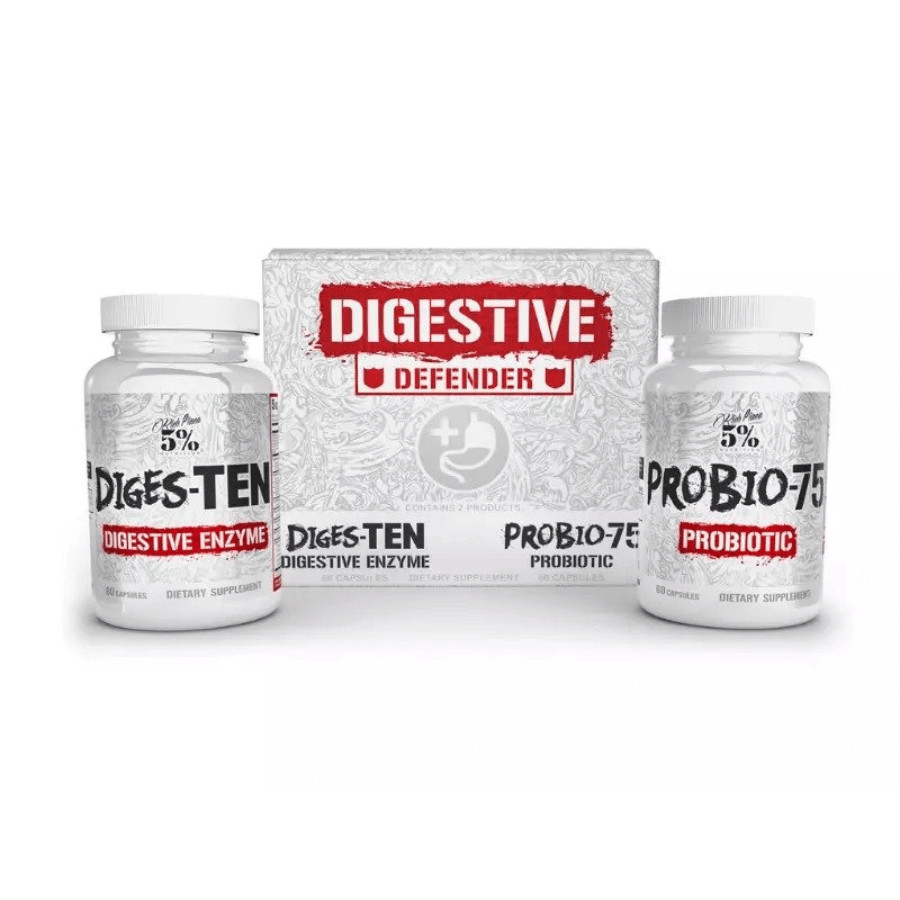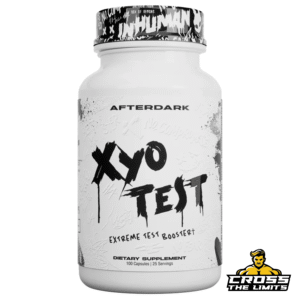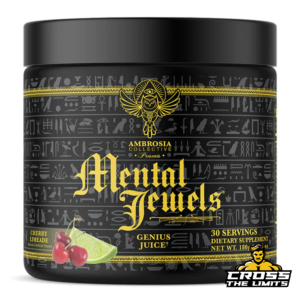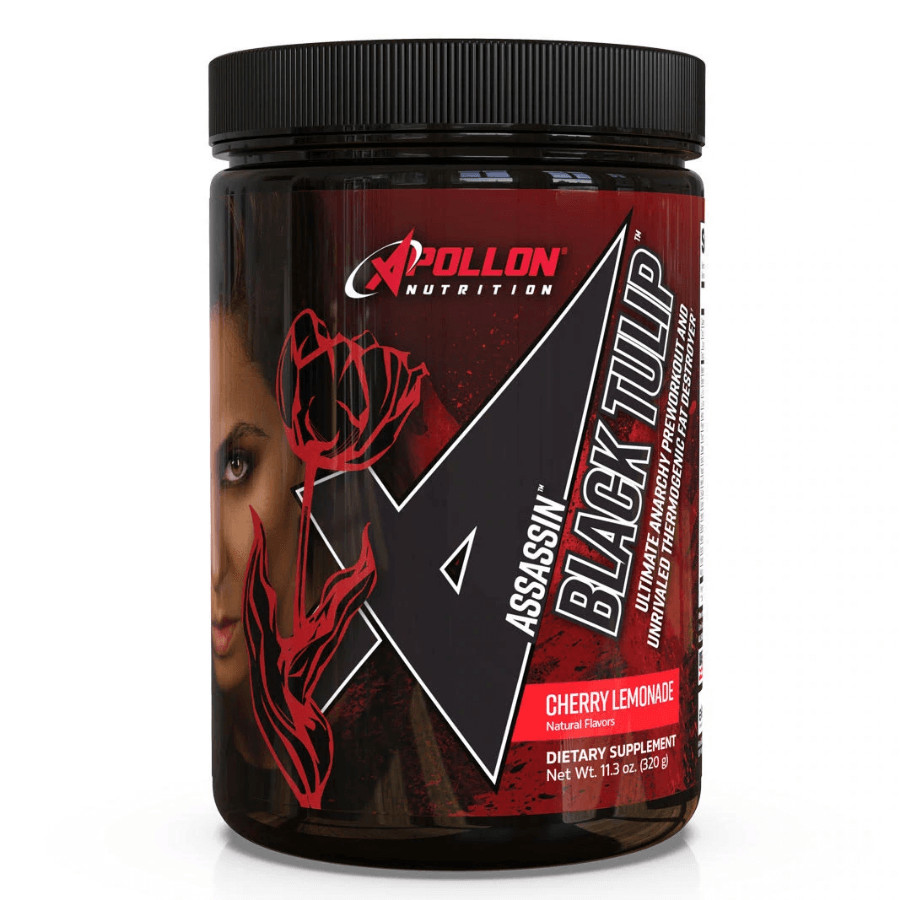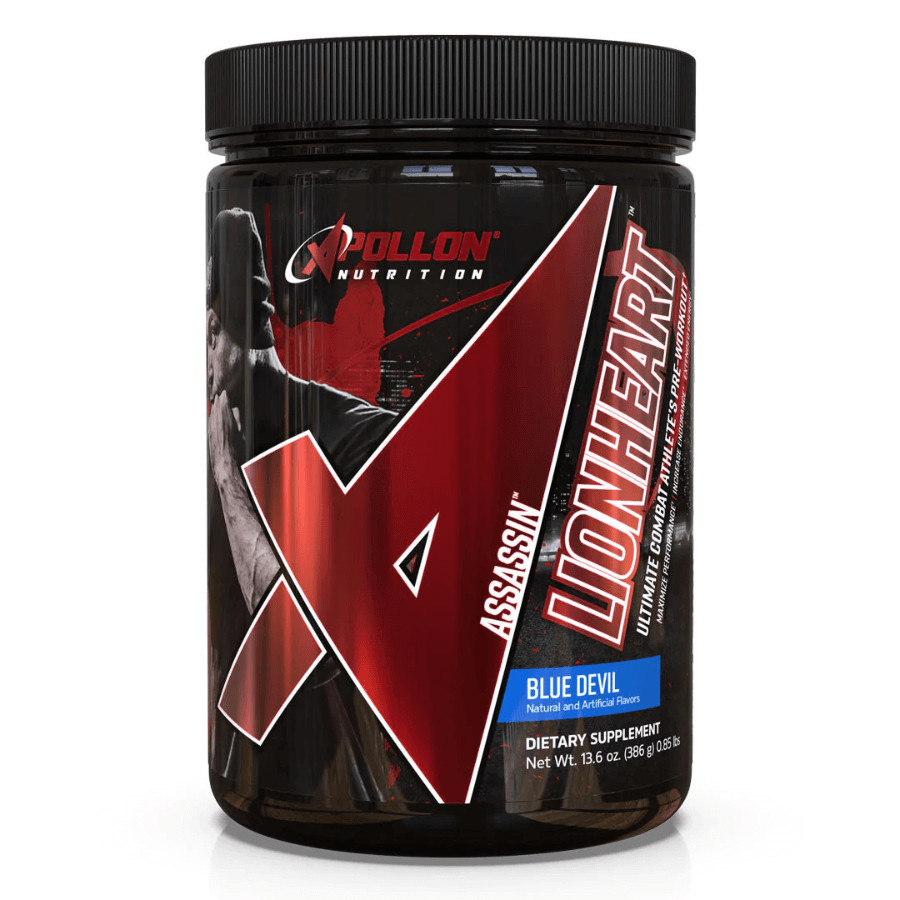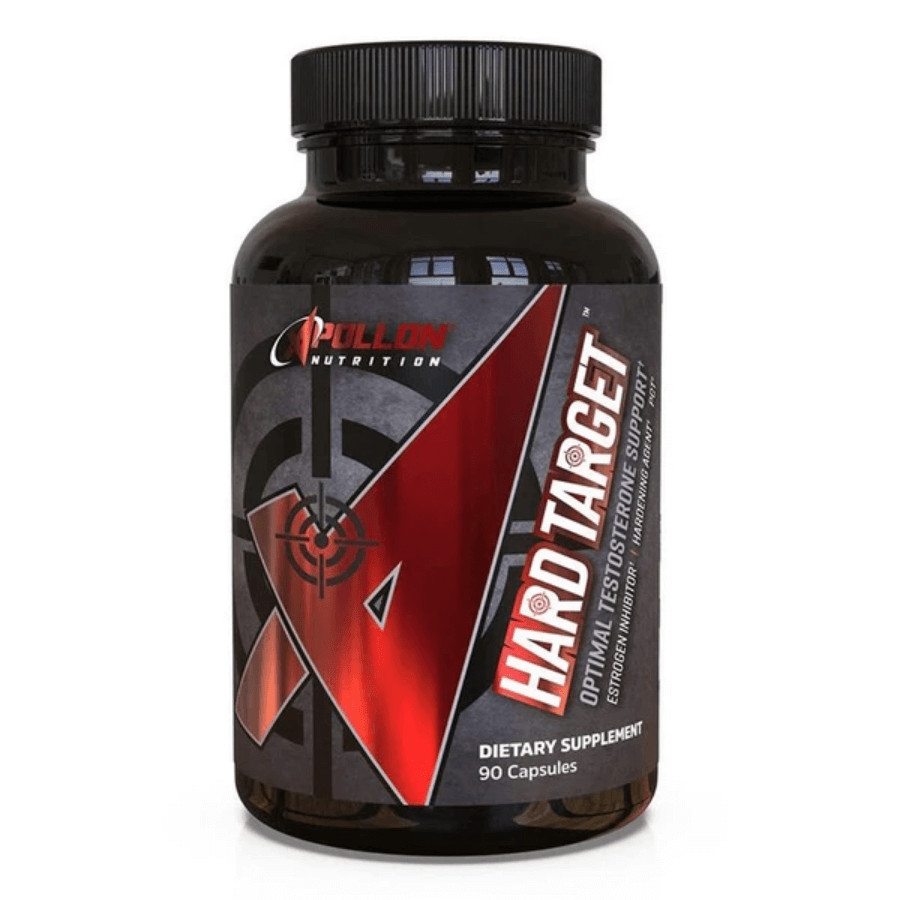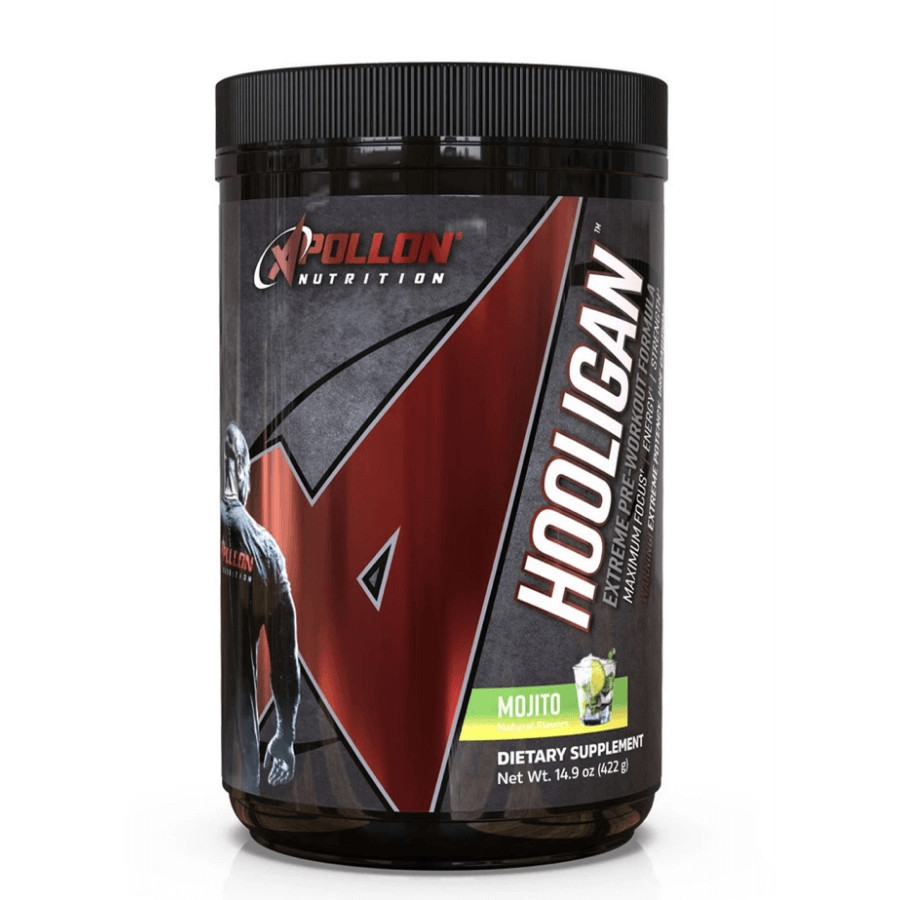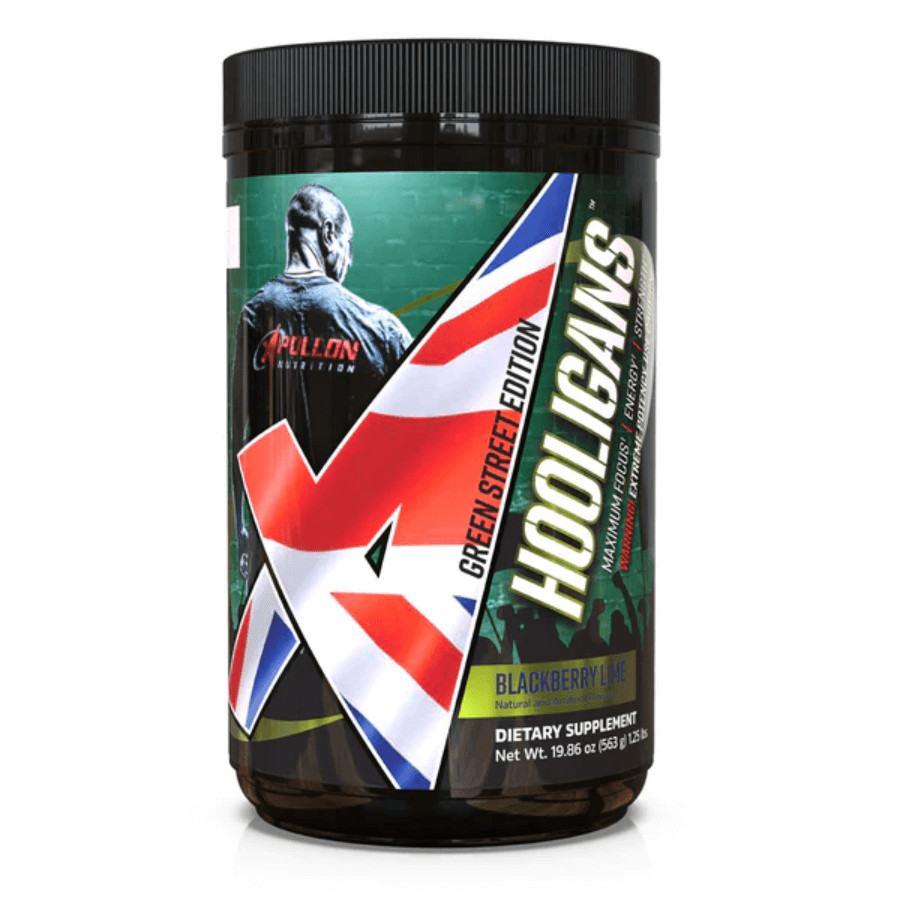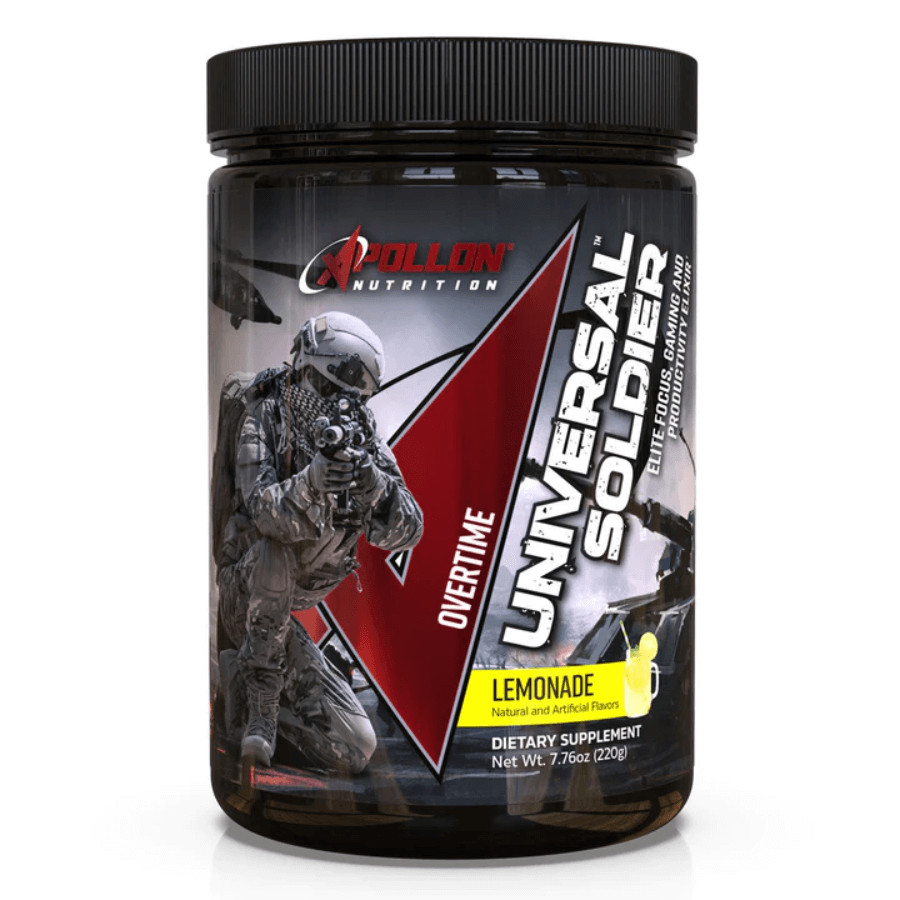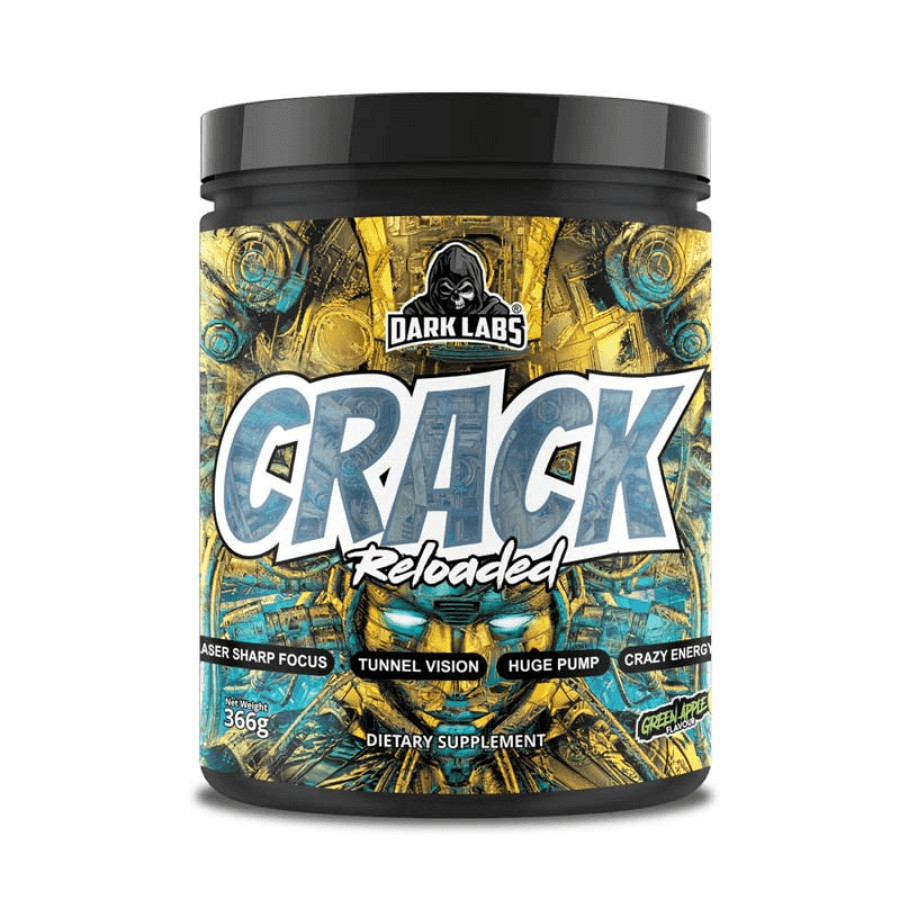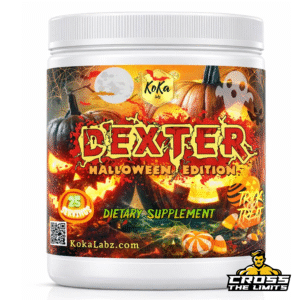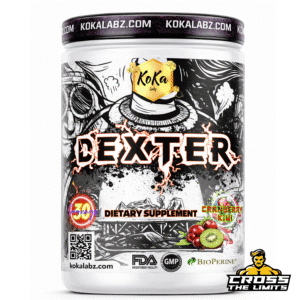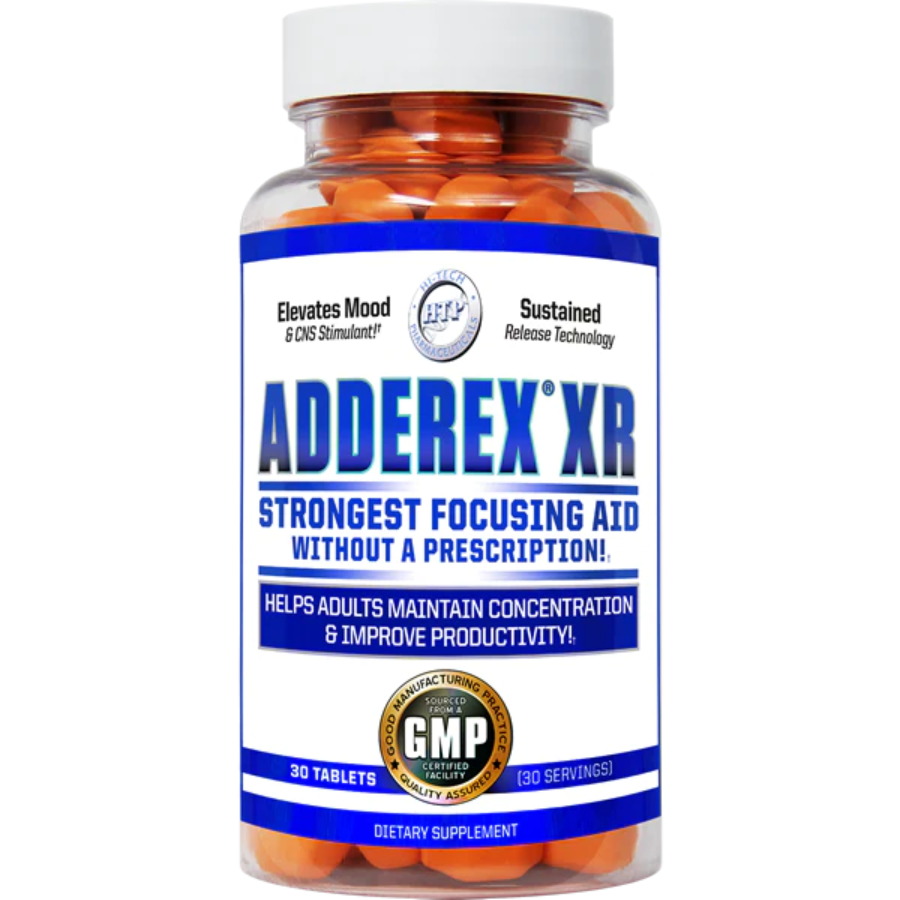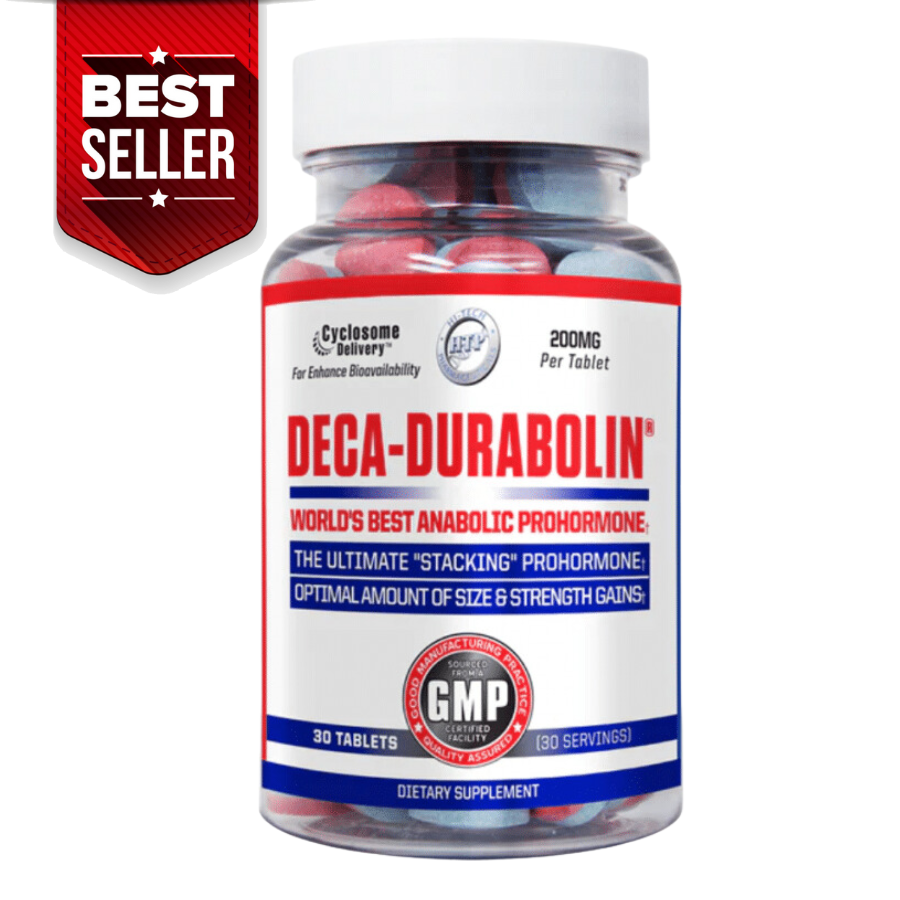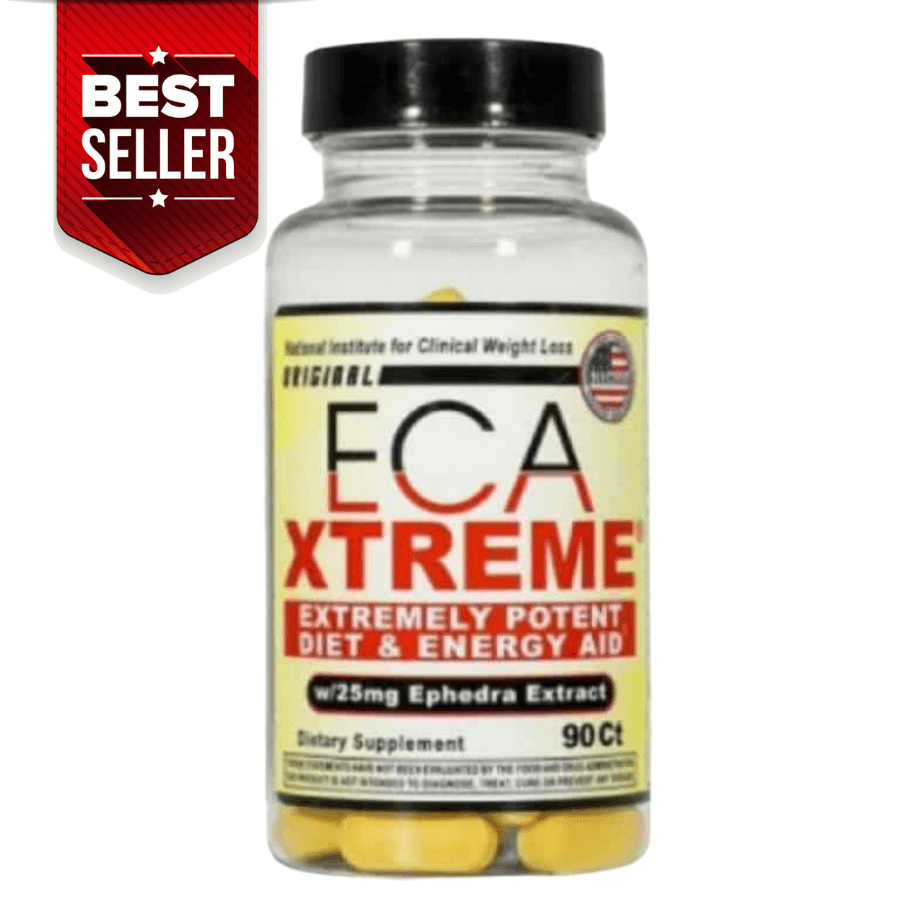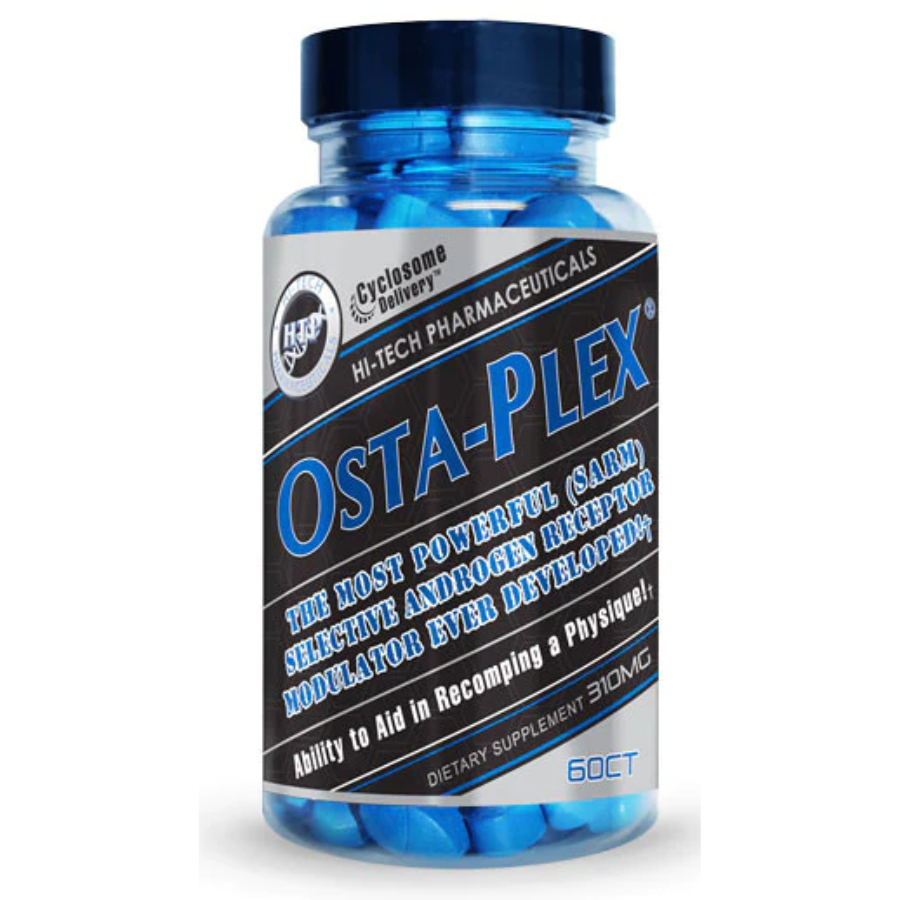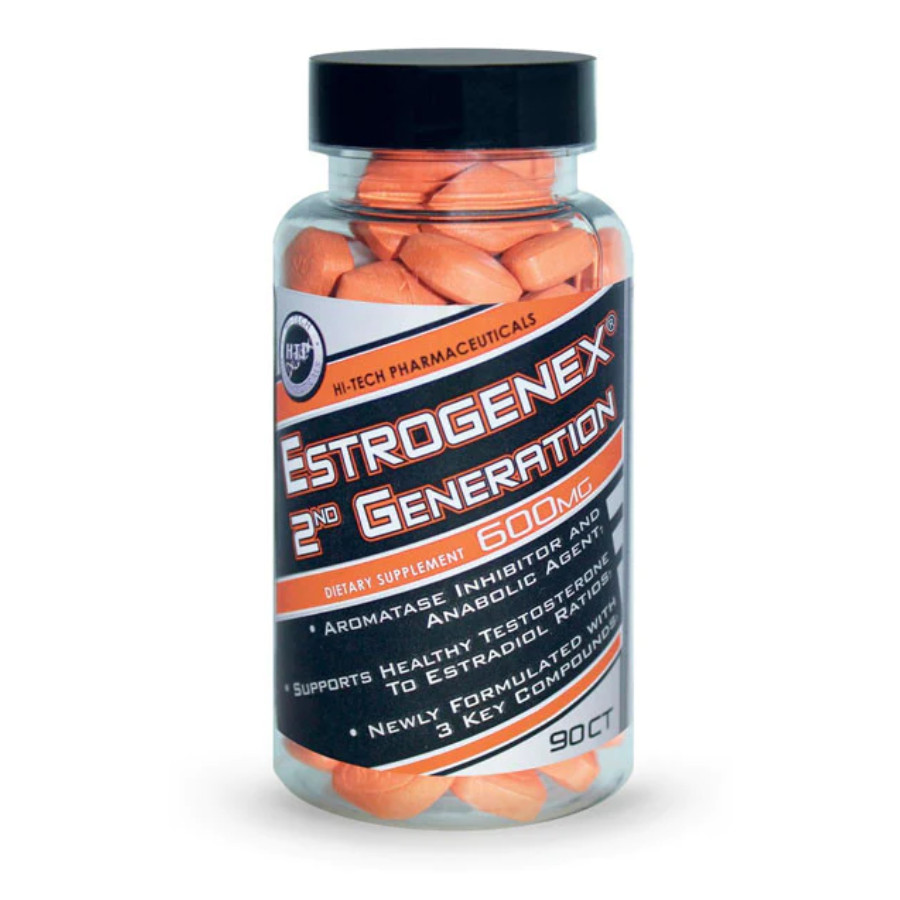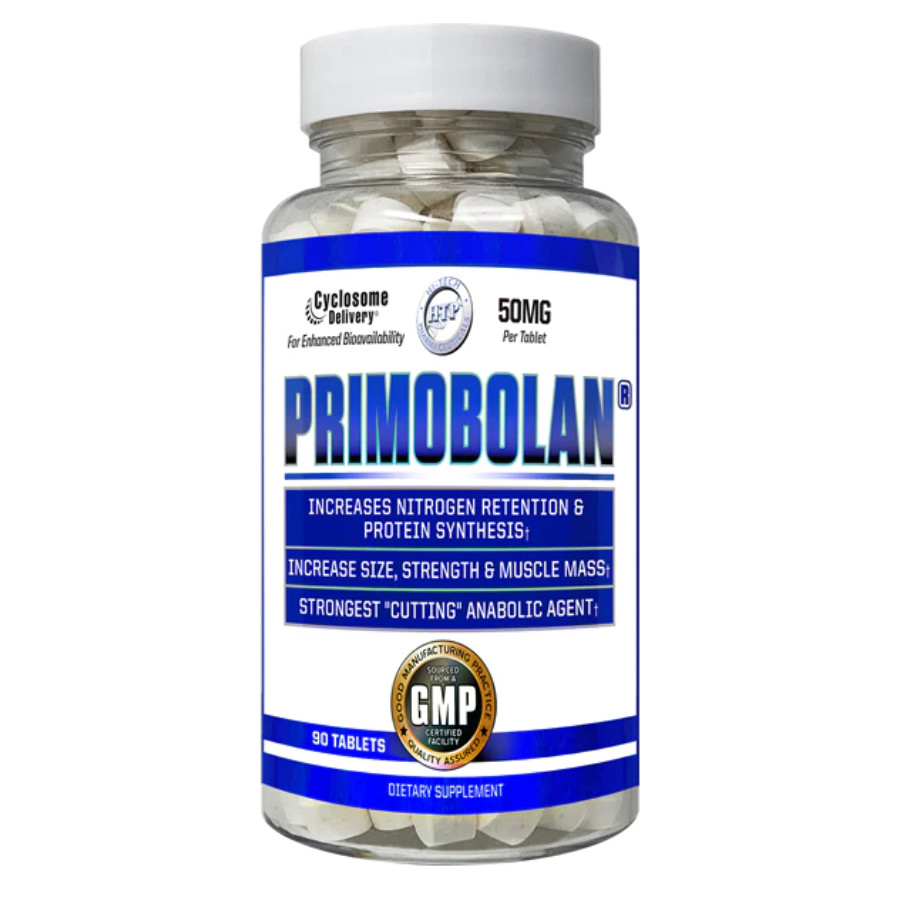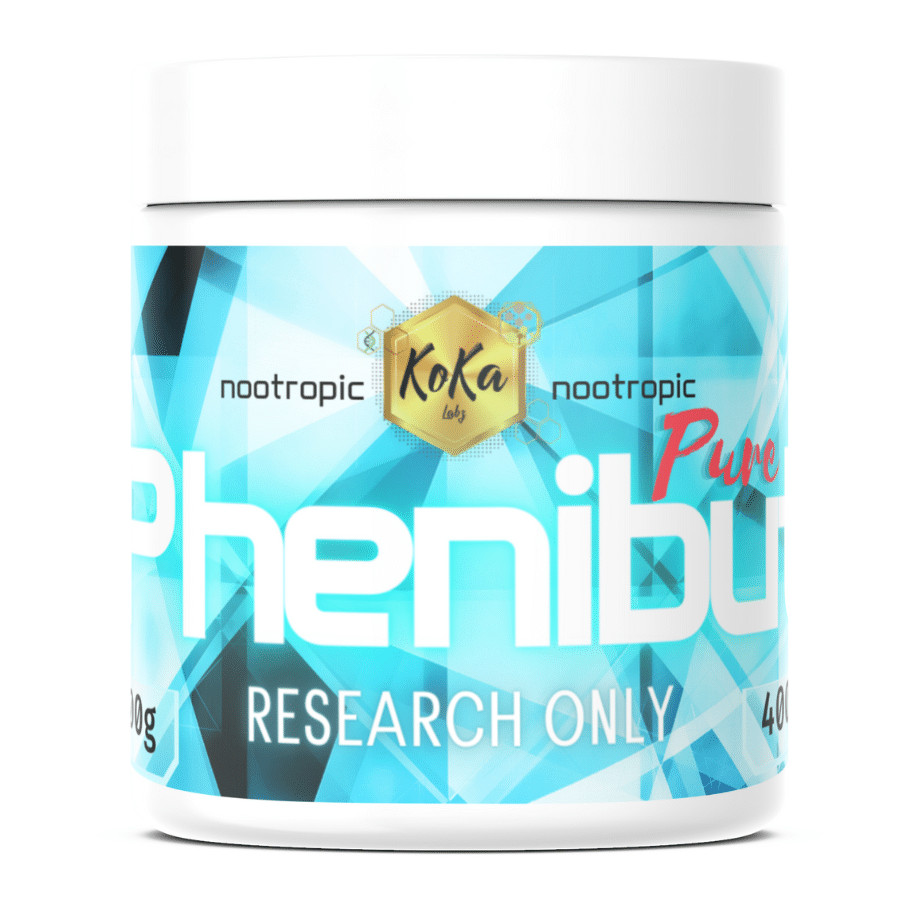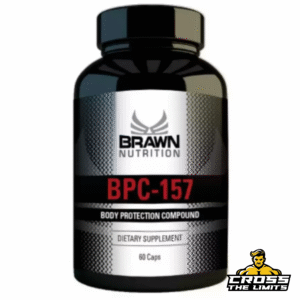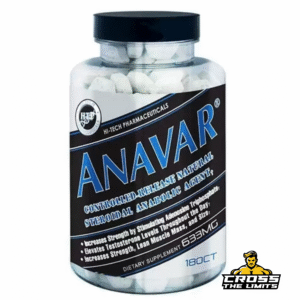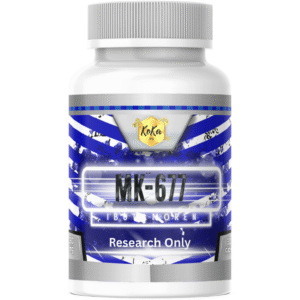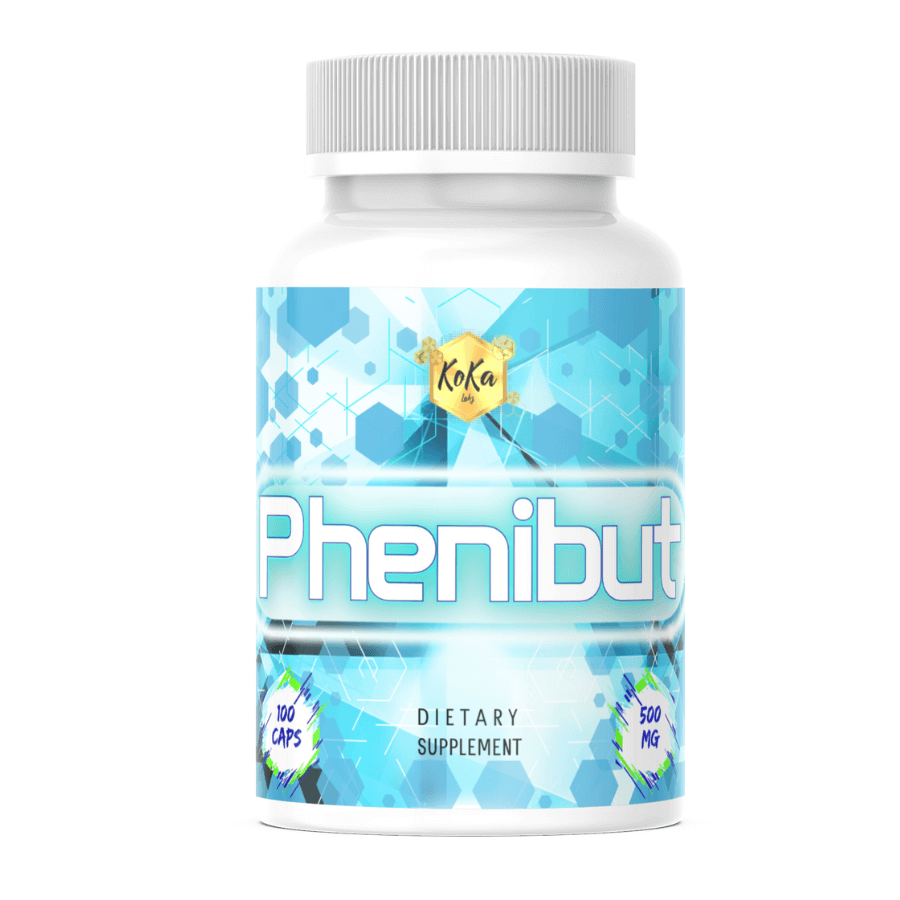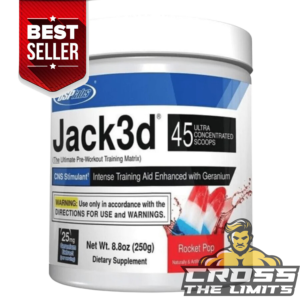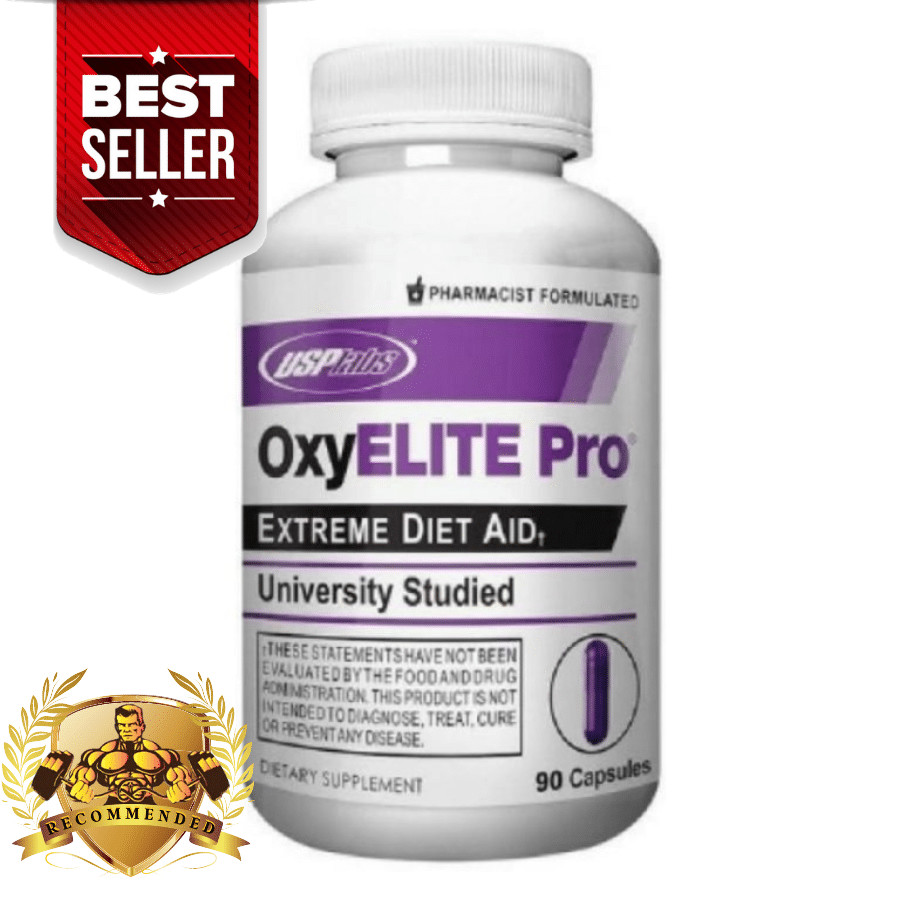Natural supplements are derived from natural sources such as plants, herbs, and minerals. These supplements are often marketed as more holistic and organic than synthetic supplements. They are typically available in various forms, including capsules, tablets, powders, and liquids. Natural supplements are believed to contain a wide range of vitamins, minerals, and other nutrients that can support overall health and well-being. Many people use natural supplements to complement their diet and address specific health concerns.
Natural supplements are often considered more bioavailable, meaning that the body can absorb and utilize the nutrients more effectively than synthetic supplements. Natural supplements are derived from whole foods and contain a complex matrix of nutrients that work synergistically together. Additionally, natural supplements are often free from artificial additives, preservatives, and fillers, making them popular for those seeking a more natural approach to health and wellness.
-
Add
5% Nutrition Digestive Defender 2x60caps
£40.30 £45.15Product no longer in sale
Check our bestsellersAfterDark Pharmaceuticals XYO Test – (100 Capsules)
£41.55 £45.62AFTERDARK VOID – HIGH-STIM PRE-WORKOUT (21 SERVINGS)
£41.55 £47.06Alpha Lion Apex Burn 21servings
£43.68 £49.61Alpha Neon Darkside Ultima Pre-workout 600g
£20.80 £41.49Ambrosia Collective Ambrosia Ritual-PM 60caps
£37.44 £41.08Apollon Nutrition Assassin Black Tulip 320g
£50.95 £60.64Apollon Nutrition Assassin Lionheart 20 SERVINGS
£47.79 £66.11Apollon Nutrition Hard Target 90 Capsules
£41.60 £66.15Apollon Nutrition Hooligan V5 422g
£43.68 £54.02APOLLON NUTRITION OVERTIME UNIVERSAL SOLDIER 20 servings
£19.71 £55.08Apollon Nutrition Shogun 90 caps
£41.60 £60.64Understanding Synthetic Supplements
Synthetic supplements are manufactured in a laboratory and designed to mimic the chemical structure of naturally occurring nutrients. They are often created by isolating and synthesizing specific vitamins and minerals. Synthetic supplements are widely available as multivitamins, single-nutrient supplements, and fortified foods. They are often marketed as a convenient and cost-effective way to meet daily nutrient requirements.
Synthetic supplements are often praised for their consistency and potency, as the nutrient content is carefully controlled during manufacturing. This means that consumers can be confident in the dosage and purity of their supplements. Additionally, synthetic supplements are often fortified with additional nutrients that may be lacking in the average diet, making them a popular choice for those looking to address specific nutrient deficiencies.
Benefits of Natural Supplements
One key benefit of natural supplements is their potential to provide a wide range of nutrients in their natural form. This means the body can recognize and utilize these nutrients more effectively than synthetic alternatives. Natural supplements also often contain phytonutrients, which are bioactive compounds found in plants that have been shown to have various health benefits. These compounds can have antioxidant, anti-inflammatory, and immune-boosting properties, making natural supplements popular for those looking to support their overall health.
-
Dark Labs Crack Reloaded 366g
£45.76 £54.58Rated 5.00 out of 5Furthermore, natural supplements are often free from artificial additives, preservatives, and fillers, making them a purer and cleaner option for those seeking a more natural approach to supplementation. Many also appreciate that natural supplements are often sustainably sourced and environmentally friendly, derived from renewable resources such as plants and minerals.
Benefits of Synthetic Supplements
Synthetic supplements offer several benefits, making them popular for many consumers. One key advantage is their consistency and potency. Because these supplements are manufactured in a controlled environment, the nutrient content is carefully regulated, ensuring that consumers receive a reliable dosage of vitamins and minerals. This can be particularly important for individuals with specific nutrient deficiencies or requiring higher doses of certain nutrients.
Additionally, synthetic supplements are often fortified with additional nutrients that may be lacking in the average diet. This can be especially beneficial for individuals with dietary restrictions or who struggle to meet their daily nutrient requirements through food alone. Synthetic supplements are also widely available in various forms, such as multivitamins, single-nutrient supplements, and fortified foods.
Drawbacks of Natural Supplements
While natural supplements offer many benefits, they also have some potential drawbacks. One of the main concerns with natural supplements is their variability in nutrient content. Because these supplements are derived from natural sources, the nutrient content can vary depending on soil quality, growing conditions, and harvesting methods. This means it can be challenging to guarantee the potency and consistency of natural supplements.
-
Hi-Tech Adderex XR® 30 servings
£33.28 £49.89Hi-Tech Eca Xtreme 90 tab
£44.88Furthermore, natural supplements may not always suit individuals with specific dietary restrictions or allergies. Some natural supplements may contain common allergens such as gluten, soy, or dairy. Additionally, natural supplements may not always be suitable for individuals with specific health conditions or those taking certain medications, as they can interact with other substances in the body.
Drawbacks of Synthetic Supplements
Synthetic supplements also have some potential drawbacks that should be considered. One of the main concerns with synthetic supplements is their potential for lower bioavailability compared to natural alternatives. Because synthetic supplements are created in a laboratory and do not contain the complex matrix of nutrients found in whole foods, the body may not need help to absorb and utilize these nutrients effectively.
Additionally, synthetic supplements may contain artificial additives, preservatives, and fillers that some individuals may wish to avoid. These additives can include artificial colours, flavours, sweeteners, and binders and fillers used to create the supplement tablets or capsules. Some people may also be concerned about synthetic supplements’ environmental impact, as they are often derived from non-renewable resources and require extensive manufacturing processes.
Making an Informed Choice: Natural vs. Synthetic Supplements
When choosing between natural and synthetic supplements, it’s essential to consider your individual health needs and preferences. Both supplements offer unique benefits and drawbacks, so it’s important to weigh these factors carefully before deciding.
Natural supplements may be the preferred choice for those who prioritize a more holistic and organic approach to health and wellness. These supplements offer the potential for higher bioavailability and often contain phytonutrients that can support overall health. However, it’s essential to be mindful of potential variability in nutrient content and suitability for individuals with dietary restrictions or allergies.
Conversely, synthetic supplements offer consistency and potency, making them popular for individuals with specific nutrient deficiencies or dietary restrictions. These supplements also offer convenience and cost-effectiveness, making them an accessible option for many consumers. However, it’s important to be aware of potential lower bioavailability and the presence of artificial additives.
Ultimately, the best choice between natural and synthetic supplements depends on your health needs, preferences, and values. It’s always a good idea to consult with a healthcare professional before starting any new supplement regimen to ensure it is safe and appropriate for your circumstances. By making an informed decision based on your unique needs, you can choose the supplement option that best supports your overall health and well-being.
About the author
Cross The Limits
Cross The Limits is a passionate advocate for health, fitness, and well-being. Since 2018, we have been providing top-quality dietary supplements and vitamins across the UK. Based in Suffolk, our team is committed to helping you achieve your fitness goals with trusted products, expert advice, and unwavering support. Through our blog, we share valuable tips, insights, and the latest trends to inspire and guide you on your health and fitness journey.
Check other posts

What pre-workout supplements can you take every…
February 17th, 2026
Read more
Where to buy the strongest fat burner…
February 10th, 2026
Read more
How to choose the best muscle-building supplements.…
January 30th, 2026
Read moreRelated products
-
KK labz B-aba-Pheni 200g
£88.86KK Labz B-aba-Pheni 100g
£46.22Rated 5.00 out of 5Rated 4.89 out of 5Rated 4.33 out of 5Rated 5.00 out of 5

